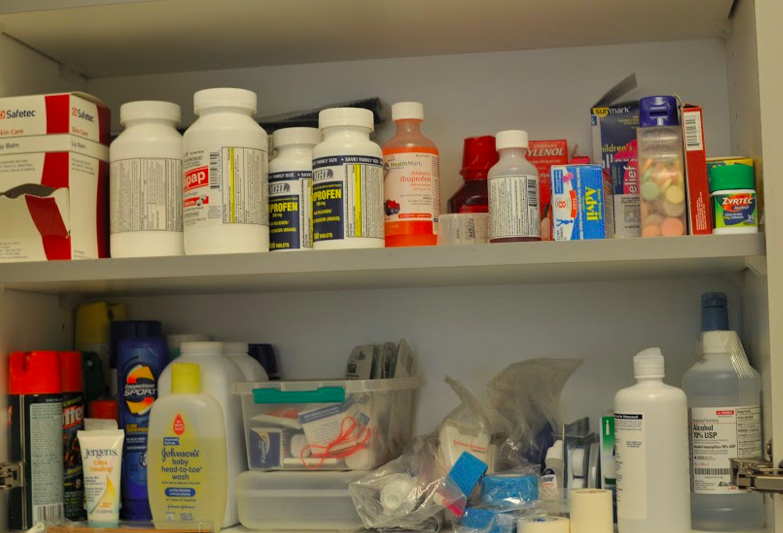Michael Zhou ’21
Avani Narula ’21

Earlier this school year, Great Valley High School principal Michael Flick resigned after authorities linked him to missing prescription medications from the school nurse’s office. According to an email sent to GV parents by superintendent Regina Speaker Palubinsky, “Mr. Flick has acknowledged his involvement in the incident, has cooperated with the authorities and has informed us that he is seeking treatment.” An article in the Philadelphia Inquirer states that Flick developed a drug addiction after an automobile incident several years ago. In a letter to the Great Valley School Board, Flick wrote: “I deeply regret any pain I may have caused, and I apologize to anyone who feels I have let them down. It is with a very sad heart that I am resigning as principal as I seek treatment and rehabilitation and the opportunity to focus on my health and family. I encourage anyone dealing with these issues to reach out for help. May our students view my experience as a reminder that seeking professional help is always the right decision.” He was described by many GV students as hard-working and dedicated to the school.
GV parent, Rebecca O’Donnell, describes the effect of Mr. Flick’s situation on the GV community. O’Donnell states, “I think it brought a lot of attention to the issue of substance abuse and made us realize that it can happen to anybody.” Flick’s addiction sent a mixed message throughout the student body. Kieran O’Donnell, a sophomore at GV, reflects, “Some kids were really affected because Mr. Flick helped them through personal issues, while other kids were like: Okay, so this guy suspended me for drug use but he himself stole drugs from the nurse.” Despite some of these comments, O’Donnell explains how Flick was well liked and that he will be missed. She says, “I think from what I’m gathering, the majority of the people are not upset with him or angry about it: they feel sorry for him for the situation that he is in.”
Laura Hurst, Director of Health Services at EA, explains how EA handles student medications and keep them secure. She says, “Controlled substances are always locked and it is a seperate key system than the front door and the storage closet […] only I have the key.” For accurate record-keeping, Hurst and the rest of the medical staff use an online system to record student visits and medication usage. She explains, “When we give medications to the students, we record it so that we can always pull up an accurate count and once a week we check it. As we receive more medication, we once again use the online system to log the number that we have.”
In light of the issue of substance abuse, Hurst describes her role in EA’s support system for students who may be dealing with their own problems: “My role here would be to support and help the student get the help they need. I would also try to recognize the signs of addiction and assist those struggling in getting support.” Mike Letts, Head of Upper School, describes the regulations and support systems regarding student health in more depth. He adds, “If we suspect that a kid is having a problem with drugs or alcohol, that’s a conversation we are having with their family. We are happy to refer them to a number of different programs – we don’t actually have those programs here at EA.” Letts went on to reassure students that coming to EA faculty for help is always the best option: “If you think you have a problem and you come to us, you can never be placed on a disciplinary track. Once we feel that you are healthy again, you can always come back.”